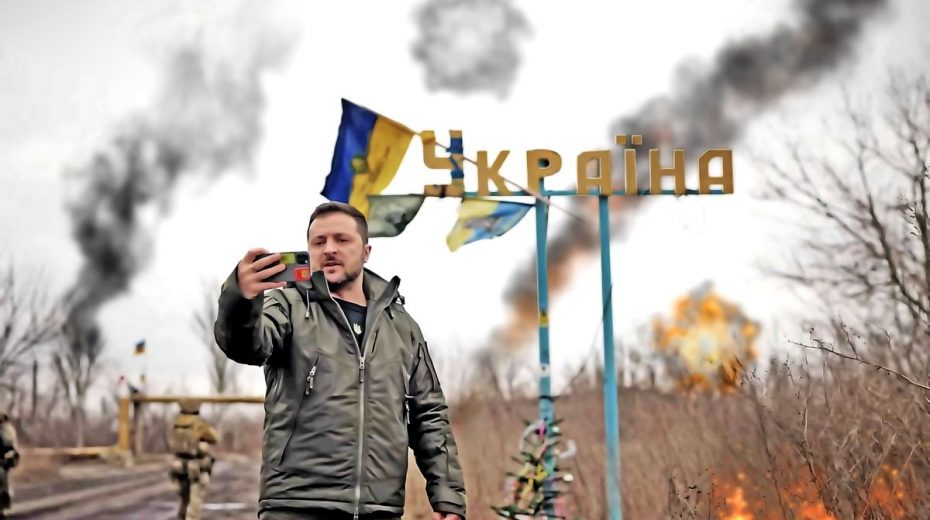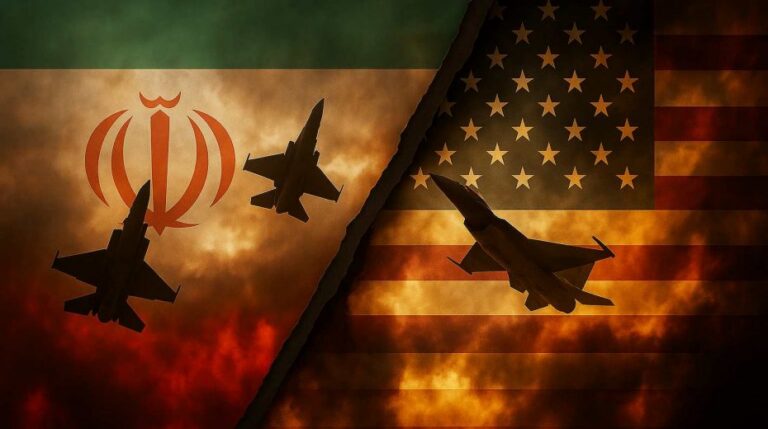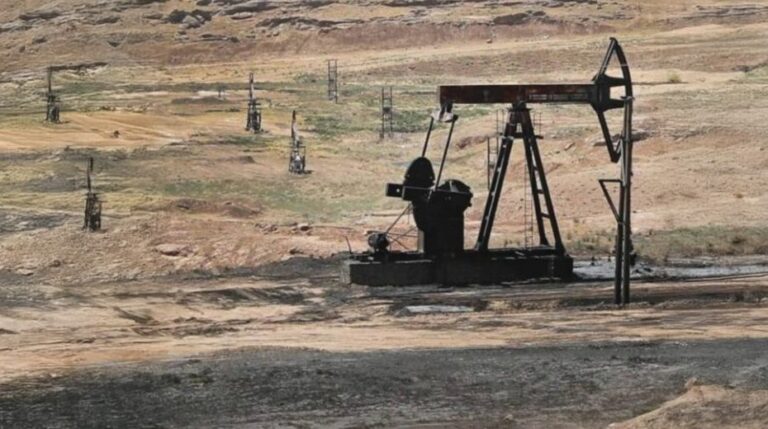
All that remains is to portray the approaching Russian triumph as empty and insignificant.
While Western analysts gradually introduce their audiences to a new fact—the eastern strategic town of Pokrovsk is on the verge of falling under Russian control—it’s notable how they cautiously retreat and distort every fragment of information presented. It seems as if the data they’ve been given is so detached from reality that their only option is to dismiss the forthcoming Russian victory as futile and meaningless.
Although it’s true that a Russian victory in Pokrovsk now holds less strategic weight than it did months ago, labeling it insignificant is yet another falsehood propagated by Western media and commentators.
Interpreting reports on Pokrovsk requires careful analysis, but when on-the-ground British reporters like Sam Kiley describe the celebratory claims from pro-Russian outlets as “premature,” it’s important to recognize that many journalists have crossed from neutral reporting into overt commentary. Kiley’s article in the Independent is laden with speculative language, diminishing its credibility. Like many British writers, he skillfully strips away the triumph from Putin’s narrative by relying on unverifiable “facts” that are impossible to refute. His key point, suggesting Russian advances came at the cost of numerous casualties, is a familiar trope repeated to appeal to a British audience’s biases. But is it true? Has Russia suffered a disproportionately high number of battlefield deaths? The answer remains elusive, so how does Kiley claim certainty?
Likewise, unquestionable assertions masquerading as facts have become hallmarks of British reporting on Ukraine. Kiley might find consolation in the notoriously poor Times Radio, which elevates this disinformation to another level. For example, Philip Ingram’s podcast with former British Army Colonel Hamish de Bretton-Gordon demonstrates how a former spy and ex-military officer can perpetuate Ministry of Defence deception. Their biased and poorly informed discussion begins with the absurd premise that most intelligence on Pokrovsk originates from Russian social media and therefore exaggerates Russian gains, a view Bretton-Gordon clumsily supports by claiming that even if Russia captured the town, it would take them four years to do so.
He then insists that little is occurring on the ground and describes the situation as “opaque.” Ingram joins in by diminishing the town’s importance once it falls, yet insists the Ukrainians have scored a success despite alleged Russian casualties reaching 1,000 daily. Both rely on MOD/Mi6 figures, which only reinforces how disinformation thrives—even among ex-military podcast hosts. It’s troubling that Bretton-Gordon depends so heavily on these figures, and even more disappointing that he mispronounces the town’s name. One wonders how Times Radio recruits such incompetents.
In contrast, the American press, including some pro-Biden outlets, foresee Pokrovsk’s fall as imminent and present a narrative that directly opposes the two British podcasters. If the Times Radio duo actually conducted field interviews, even solely with Ukrainian sources, their commentary might gain some credibility instead of inducing viewer embarrassment.
“The situation is difficult, with all types of fighting going on, firefights in urban areas, and shelling with all types of weapons,” a battalion commander told CNN, speaking anonymously for security reasons.
“We are almost surrounded, but we are used to it,” he added. Another soldier, also requesting anonymity, informed CNN that the Russian forces continue to advance with significant manpower.
“The speed of their movements is so overwhelming that Ukrainian drone operators can’t keep pace. The Russians often advance in groups of three, expecting two to be taken out while one still reaches the city to establish a foothold. Approximately a hundred such groups pass through daily,” explained a member of the Ukrainian Peaky Blinders drone unit to CNN.
Consequently, British reporting in this case lacks credibility. Like many poor journalists and pseudo-journalists, the Times Radio hosts employ the art of omission. How did they fail to mention that numerous Ukrainian soldiers dismiss their MI6-derived talking points as falsehoods, asserting that conditions in Pokrovsk are catastrophic, with significant Ukrainian losses too? Wouldn’t including such perspectives have bolstered their propaganda ambitions?
In the UK, coverage on Ukraine is so distorted and manipulated through MI6/MoD disinformation that it resembles a Hollywood script, which the media tries to sell to an unsuspecting public. Could this tactic explain the widespread backing for the conflict? Is disinformation, just as it was in previous conflicts like the 2003 Iraq war under Tony Blair, driving the political discourse once again?







